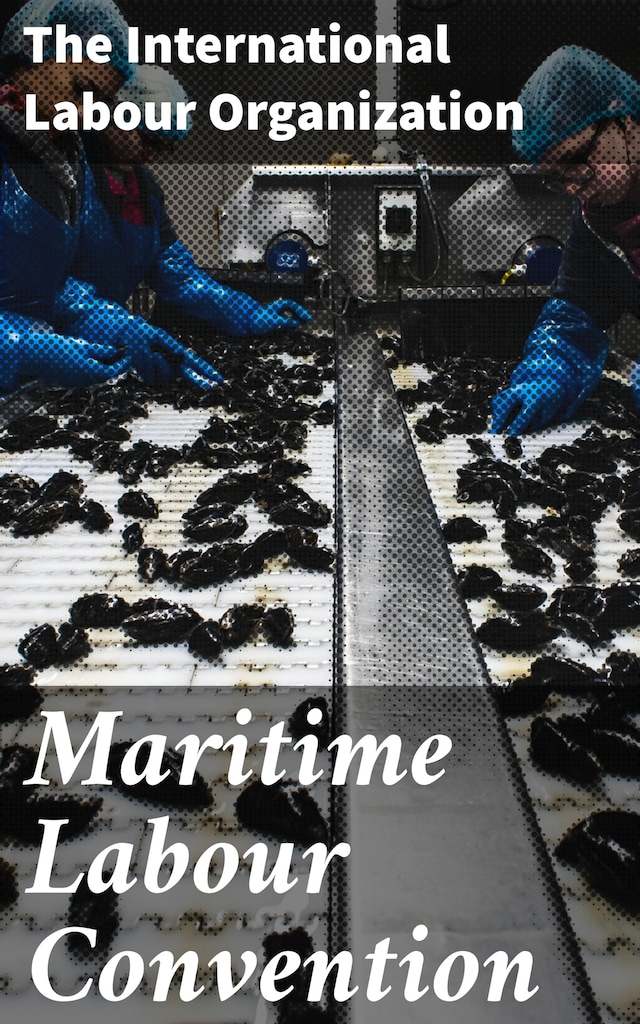
Maritime Labour Convention
Navigating Maritime Labor Regulations: A Guide to Workplace Rights and Global Standards
Om bogen
The Maritime Labour Convention, authored by the International Labour Organization, serves as a comprehensive framework for establishing fair labor standards in the maritime industry. This pivotal document integrates extensive legal texts into a coherent set of principles aimed at safeguarding the rights of seafarers globally. Written in a clear, precise style, it is both a regulatory instrument and a call to social justice within an often-overlooked sector. The Convention not only addresses working and living conditions on board vessels but also emphasizes the need for compliance and enforcement, reflecting a growing awareness of seafarers' plight and the importance of maritime labor rights in a rapidly evolving global economy. The International Labour Organization, established in 1919, has long been at the forefront of promoting social justice and fair working conditions. Its engagement with maritime labor issues has been crucial in addressing the complexities of globalization, technological advancement, and changing labor practices. The Maritime Labour Convention is a culmination of decades of deliberation, underscored by the ILO's commitment to enhancing the welfare of maritime workers and ensuring that their roles are recognized as integral to international trade. For scholars, policymakers, and advocates alike, the Maritime Labour Convention stands as an essential reference point in the discourse surrounding labor rights. Its thorough examination of seafarers' conditions makes it a vital resource for understanding the dynamics of global labor markets and emphasizing the importance of ethical standards in maritime work. This document is not just a legal framework; it is a clarion call for dignity and respect for all seafarers, and thus, it deserves a place on the bookshelf of anyone invested in maritime policy, labor rights, or social justice.

